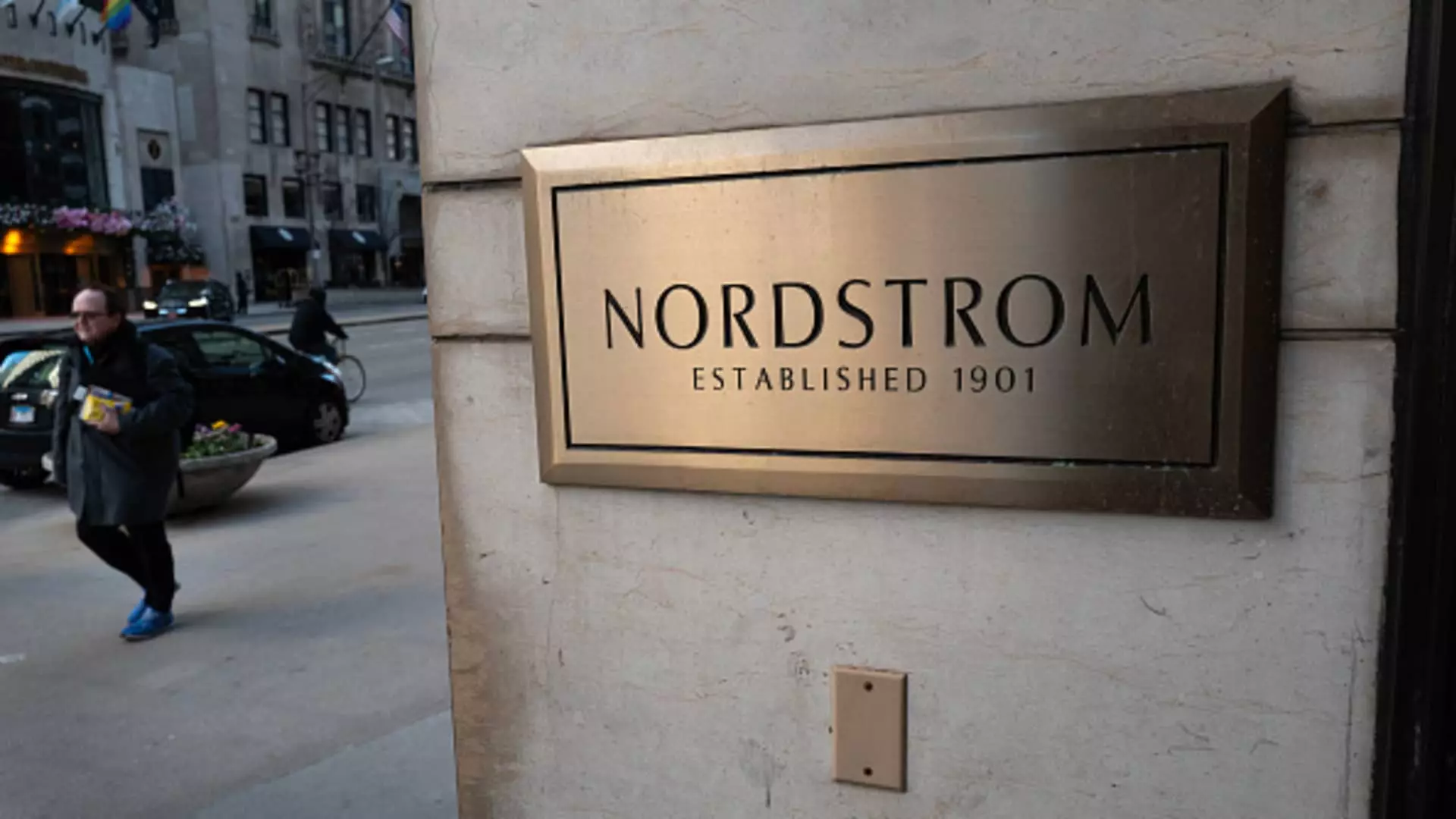In a bold move that marks a significant turning point in its corporate history, Nordstrom has announced plans to become a privately held company. The decision comes on the heels of a $6.25 billion buyout negotiated with the Nordstrom family and the Mexican retail giant, El Puerto de Liverpool. With this shift, the founding family will hold a controlling stake of 50.1%, while El Puerto de Liverpool will maintain 49.9% ownership. This strategic alliance is expected to close in the first half of 2025, a timeline eagerly anticipated by stakeholders.
For existing shareholders, the ramifications of this buyout are immediate. As outlined in the company’s press release, each common share will be redeemed at $24.25 in cash. This payout represents a significant premium from previous valuations, particularly considering the Nordstrom family’s earlier buyout offer of $23 per share back in September. Despite this rewarding offer, early trading showed a slight dip in Nordstrom’s stock value, indicating that market sentiments may not be entirely aligned with the buyout news.
CEO Erik Nordstrom heralded this buyout as a fresh chapter in the company’s century-long commitment to customer satisfaction. With over a hundred years of retail experience, Nordstrom has evolved from a humble shoe store founded in 1901 to a prominent department store chain, characterized by its customer-first ethos. This transformative journey is bound to inspire the management team as they seek to not only protect the brand but also rejuvenate it under private ownership, free from the pressures of quarterly reporting.
Nordstrom’s decision comes amidst broader market challenges faced by luxury retailers. Recent reports from major retail players like Walmart, Best Buy, and Target highlight a trend where consumers are increasingly discerning, prioritizing needs over wants and becoming more price-sensitive. This shift in purchasing behavior raises pertinent questions about the strategies Nordstrom will implement moving forward. The recent fiscal results showed a modest growth rate of 4% year-over-year but provided only a cautiously optimistic forecast for the upcoming holiday season, indicating that successfully navigating this changing landscape will be crucial.
The partnership with El Puerto de Liverpool opens up new avenues for Nordstrom. As a major player in the Mexican retail space, Liverpool brings experience and a broader market presence that could enhance Nordstrom’s international growth strategy. With an extensive network of around 29 shopping centers in Mexico and other retail chains, the collaboration holds the potential for significant cross-pollination of business practices and customer engagement strategies, which could ultimately fortify Nordstrom’s market position.
Ultimately, Nordstrom’s transition to a privately-held company symbolizes a new era that comes laden with both opportunities and challenges. The forthcoming changes signal a pivotal moment for a brand that has prided itself on customer relationship management. As Nordstrom embarks on this journey, the synergy with El Puerto de Liverpool and the loyal commitment of the Nordstrom family are likely to play instrumental roles in crafting the next chapter of this storied retailer’s legacy.

